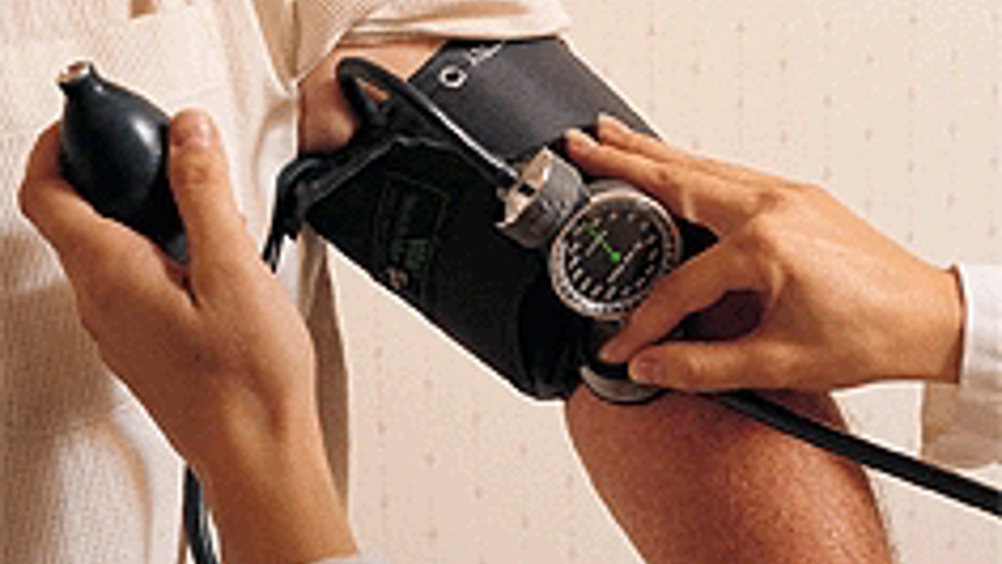Implant offers alternative to high blood pressure drugs
Chronic high blood pressure sufferers could benefit from an implant that sends electrical pulses to the brain, say doctors at Bristol University.

A team working at Frenchay Hospital in Bristol has shown that the device, similar to a cardiac pacemaker, can provide a surgical alternative to blood-pressure drugs.
The team successfully used the deep-brain-stimulation technique, usually applied for mental illnesses and neurological conditions such as Parkinson’s, on a 55-year-old man when drugs were unable to control his high blood pressure following a stroke.
The team, led by Dr Nikunj Patel from Frenchay’s Department of Neurosurgery and senior clinical lecturer at the university, used magnetic resonance imaging (MRI) to precisely position the device in the brain.
‘It’s a technique that we’ve developed in Bristol that is unique in the world,’ Patel told The Engineer. ‘Using this method we’re able to ensure quite significant rates of accuracy – in 97 per cent of cases within a millimetre.’
The procedure uses plastic guide tubes made by Renishaw to implant an electrode device in the brain about 9cm from the skull, avoiding the use of metal that could interfere with the MRI scan.
Register now to continue reading
Thanks for visiting The Engineer. You’ve now reached your monthly limit of news stories. Register for free to unlock unlimited access to all of our news coverage, as well as premium content including opinion, in-depth features and special reports.
Benefits of registering
-
In-depth insights and coverage of key emerging trends
-
Unrestricted access to special reports throughout the year
-
Daily technology news delivered straight to your inbox










Water Sector Talent Exodus Could Cripple The Sector
Well let´s do a little experiment. My last (10.4.25) half-yearly water/waste water bill from Severn Trent was £98.29. How much does not-for-profit Dŵr...